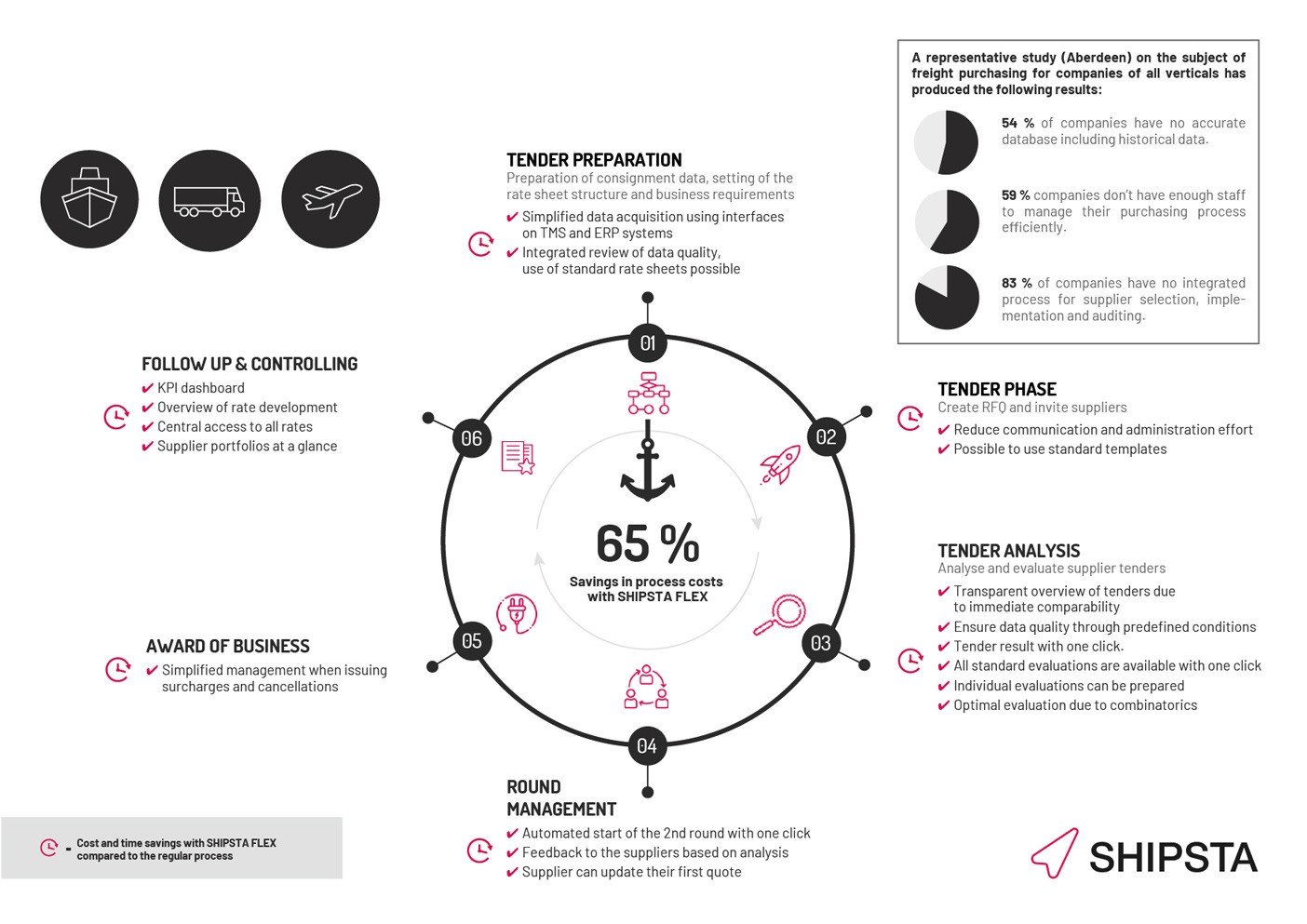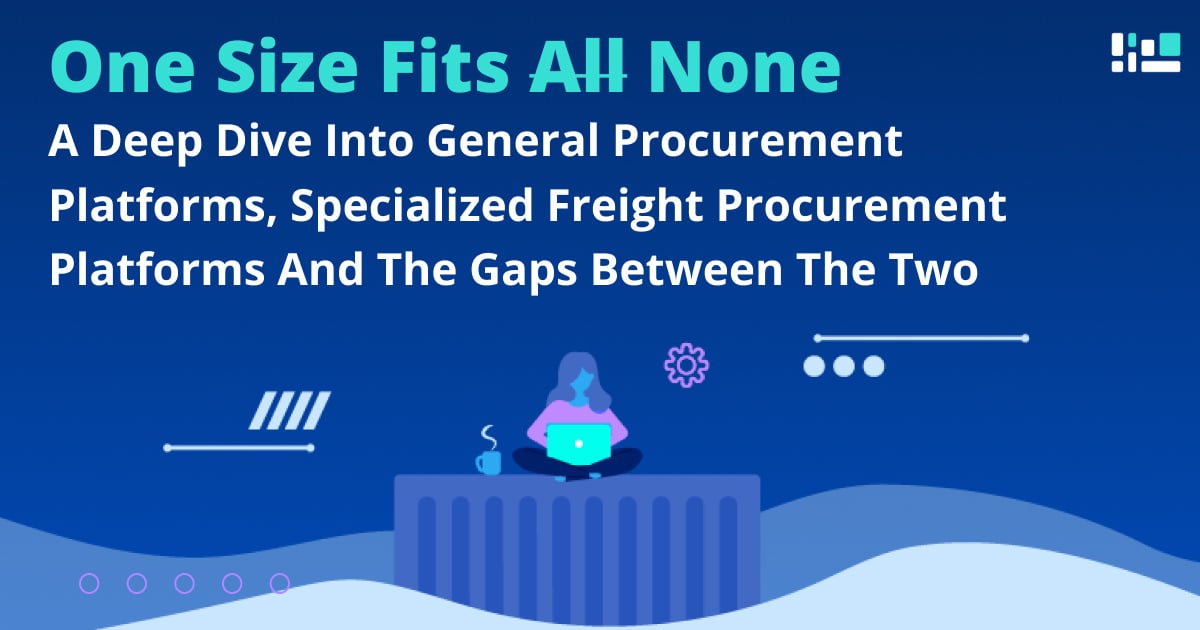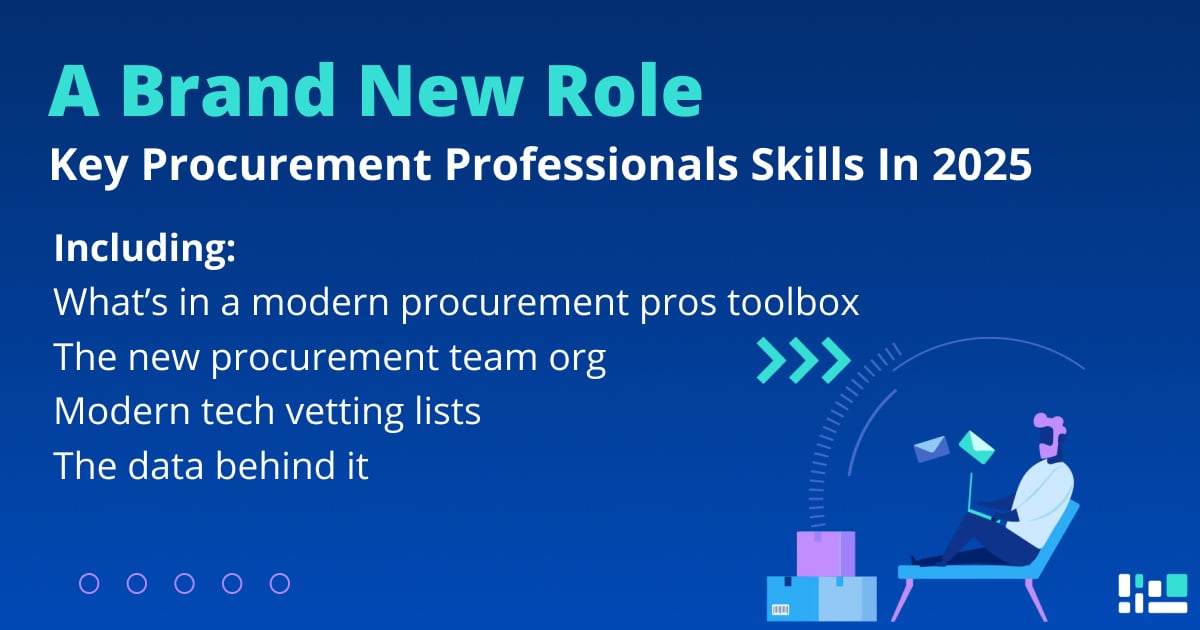For freight procurement, more than half of all companies have neither a meaningful database nor enough employees to manage the procurement process efficiently. This the conclusion of a recent Aberdeen survey. The ideal solution for freight procurement that keeps with the times is quite simple: Using the cloud-based solution platform SHIPSTA FLEX, companies can achieve greater efficiency and compliance in the freight tender process.
Whoever procures freight must ensure their data is always up to date. That means professional data management is the backbone of every single tender process! Freight procurement aims are clearly defined: keeping costs competitive, maximum transparency as a basis, audit reliability, and manageable administration. Companies that work best here gain time to focus on the important things, i.e. requirements planning, tenders and negotiations.
SHIPSTA provides companies in the freight procurement process with the necessary thrust and takes data management to a new level: the cloud-based solution digitizes freight procurement tenders for sea, air and overland transportation and significantly reduces process costs and time – by up to 65 percent. The process is remarkably simple: Shipper can create their tenders directly in SHIPSTA FLEX and make a fully automated assessment of them.
Optimized freight tender process with SHIPSTA FLEX:

All about the data
Good preparation is everything – this also counts for Freight Tendering. In the tender preparation you need to define your business requirements like the rate-sheet structure which is completely flexible. As well as shipment data profiles and standard documents. Thanks to SHIPSTA FLEX, this data can be quickly generated through interfaces with TMS and ERP systems. The data quality can be checked by predefined values in the system.
The good thing is: All have to be done only once. When a request for a quotation has been run once in SHIPSTA FLEX, the entire process structure can be used again and again for each subsequent operation.
Let’s run a freight tender
First, the Request for Quotation (RFQ) needs to be created. Suppliers are invited via the platform and the timeline of the tender needs to be defined. The service can be usefully supplemented by standard templates for all modes of transport, significantly cutting communication and administrative costs. By clicking on one button the freight tender is started and all suppliers are informed automatically.
The result of your freight tender is just a few clicks away
Suppliers upload their quotes into SHIPSTA FLEX. As soon as the first supplier submits his quote, customers can immediately compare all quotes in the tender analysis and get a full transparent overview of all quotes. Due to combinatorics an optimal evaluation is possible: All standard evaluations as well as any number of individual evaluations can be created with the SHIPSTA FLEX scenario designer using intelligent combinatorics.
Next Round and Award of Business
Round management and award of business are also fully automated: In just one click, you can start a second round. Based on analyses, the carrier receives feedback about their quote – and can then update their initial quote.
If a quote has been awarded, all notifications are sent out automatically. This is both quicker and more transparent.
The flexible eProcurement platform also simplifies the follow up. The customer has a central access to his rates and gets an overview of the rate development. New rates will be automatically added to the rate management and through the KPI Dashboard the customer receives full visibility and control on his freight tender processes.
About SHIPSTA
SHIPSTA powers smart logistics procurement with a digital platform that connects shippers and carriers to ensure a frictionless procurement process for spot and contract buying, entirely online. It automates complex tasks, provides unrivalled visibility and supports fast data-driven decision-making. Designed and built by experts in logistics procurement, it is bringing transparency, automation and efficiency to the global logistics industry. It is used by some of the world’s largest companies to respond to market volatility, control freight costs and manage risk. The company was founded in 2015 and is based in Mertert, Luxembourg and Hamburg, Germany.



